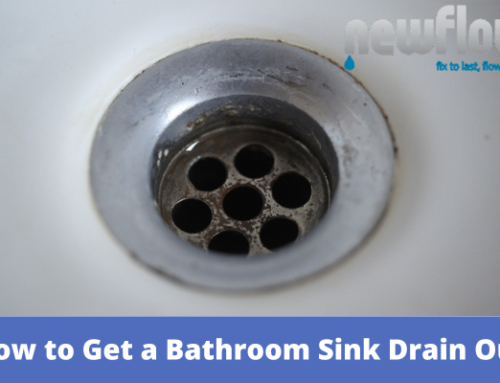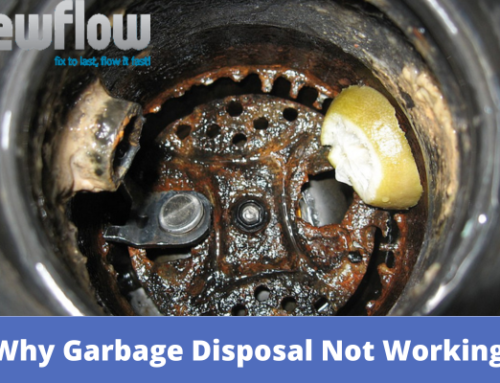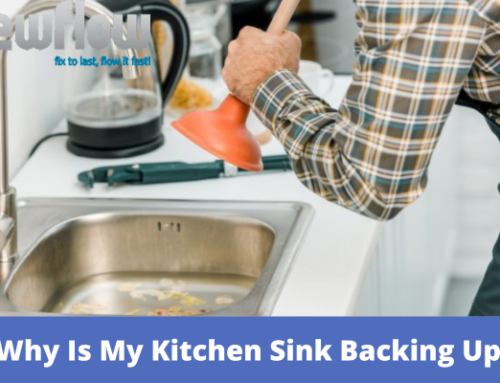Your plumbing should function without power unless the water in your home is drawn from a well with an electric pump. Although many cities employ electric pumps to transport sewage to treatment facilities and purified water back to households, these pumps might malfunction and cut off your water supply if there is no backup power.
While the majority of plumbing fixtures function without electricity, it can still be helpful for homeowners to understand how fundamental plumbing fixtures work so they can understand what is impacted by electricity and how to safeguard their home’s plumbing in the event of a power loss. Think about some often-asked questions concerning plumbing and electricity to determine what you can use and what you should avoid during a service outage. Then, if necessary, you may talk about these plumbing difficulties with a local plumber!
When The Power Goes Off, Can You Flush The Toilet?
House toilets rarely consume power. Gravity and water pressure create vacuums. The toilet tank flusher is a simple lever and chain, and the home’s plumbing system creates natural voids to provide water to the toilet tank. Thus, power outages rarely impact residential toilets.
The only exception is when your city uses electric pumps to transfer sewage to treatment facilities. If those pumps don’t have backup generators or don’t cycle back on, your toilets may not flush or have a backup in the bowl. If your house’s water pumps aren’t on, your toilet tank won’t fill.
During A Power Outage, Avoid Using These Plumbing Fixtures
Power outages will stop your kitchen waste disposal. Even if the faucets work, avoid dropping food scraps in the sink to prevent jams and backlog. To prevent harming the disposal’s blades, throw food scraps away or wait until the power comes back on before washing dishes.
Turn off the electric water heater circuit and dump the tank for prolonged power loss. Draining the tank and not utilizing the heater’s water reduces the chance of frozen water in the tank or pipes.
Preparing For Long Power Outages And Plumbing Issues
Here is some quick but essential storm preparation advice, primarily if you reside in a storm-prone area. Generators power electric water heaters, sump pumps, and other plumbing pumps, keeping your family safe and comfortable.
Fill numerous water containers when performing household plumbing. Use it to flush and shower. Four to five liters per day should be used for watering plants and pets. To save water, use shower wipes from camping supply stores.
Flush the toilet with rain if you run out of this water and your home’s plumbing is broken, or there isn’t much water pressure. Unfiltered water can be used in toilets!
Propane camping stoves that are secure and well-ventilated. The shower and dishwasher are heated on this stove.
Conclusion
It’s not always the case that losing electricity means losing your plumbing. To better prepare your family for a power outage, become familiar with the appliances in your home. For additional information on plumbing and power outages, contact New Flow Plumbing.












